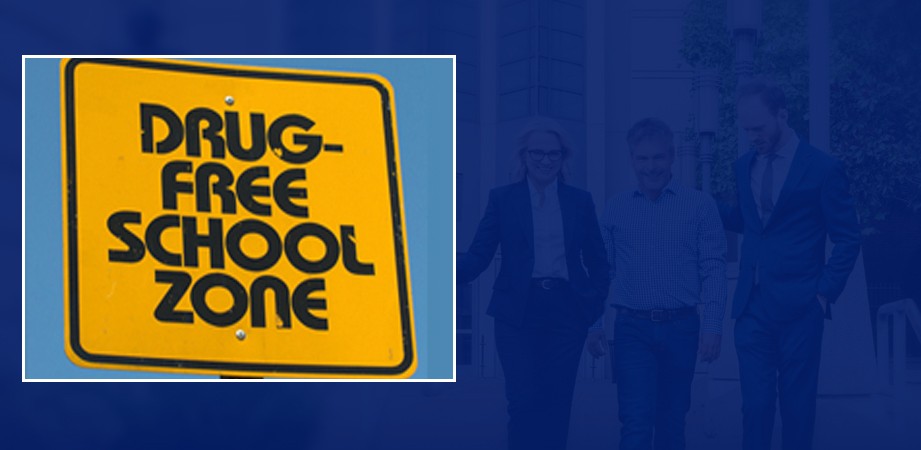All too often in criminal law, the police choose to enhance a drug charge by stating that the crime occurred within 1,000 feet of a school, child care center, library, recreational center, or park. This occurs either in the initial arresting affidavit or the district attorney may try to impose the enhancement in court. With the enhancement, a simple possession charge can easily escalate into a felony, which includes higher bail costs and longer sentence possibilities.
In today’s case, Tennessee v. Santarone, a FedEx worker suspected a package contained drugs and turned the package over to the authorities. When the defendant called FedEx about his late package, he was told he could pick it up at the FedEx center. By that time, the authorities had already discovered four different prescription and non-prescription drugs that were illegally shipped to the defendant. Police repackaged the drugs and returned the package to FedEx before the defendant arrived to pick up his package. The defendant was allowed to leave with the package, only to be stopped for carrying the then-known-to-law-enforcement package of drugs. The traffic stop was conducted in a school zone. This was not the location the defendant intended to take the drugs, but where the police chose to arrest him. Indeed, a defendant may be convicted under the Act if he was merely traveling through the school zone while in possession of controlled substances, even if he was arrested elsewhere. The State is not required to prove that the defendant knew that he was committing an offense within 1,000 feet of a school, nor even that school was in session at the time of the offense.
Increased penalties, like the drug-free school zone enhancement, are used every day to intimidate defendants into taking a plea agreement, which would otherwise be inadvisable. On balance with the consequences of this law, defendants will fear the consequences of going to trial. Today’s decision reminds defendants that those fears are well founded. Judge Easter of the Court of Appeals reiterated that the legislature found schools to be a vulnerable place, and the mere movement of drugs through a public highway is enough to allow for the enhancement.
Did you know: Drug-Free School Zone Act, T.C.A. 39-17-432, allows the state to increase a charge by one classification (A Misdemeanor becomes an E Felony; C Felony becomes a D Felony, etc.), the fines increase, the charge may not be eligible for parole, and it will likely increase any prison term.
Read more about this case at:
https://www.tncourts.gov/sites/default/files/santaronedanny.pdf
The information you obtain from this site is not, nor is it intended to be, legal advice. You should consult an attorney for advice regarding your individual situation.
[elementor-template id=”3791″]
[faq title=”FREQUENTLY ASKED QUESTIONS!” id=”209, 236, 509″]


This Post Has 0 Comments